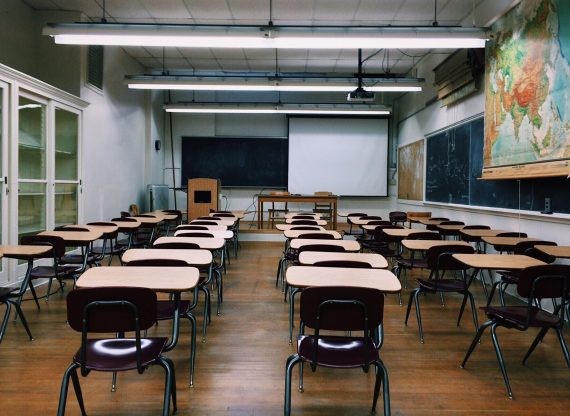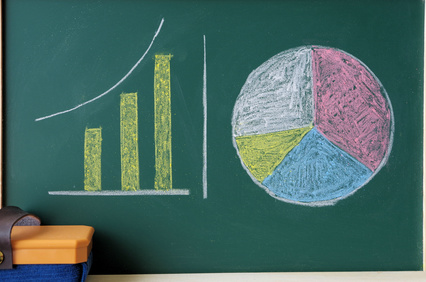
1-minute read
Opinion of Quebeckers on the Organization and Financing of Public Schools
Léger Marketing poll commissioned by the Montreal Economic Institute.

1-minute read
Are school boards and the school tax still justified?
A sharp rise in municipal tax rolls has led school boards in many regions in Quebec to announce exorbitant increases in the school tax for 2006-07, exceeding 50% in some places. The Quebec government has intervened to limit the increase to about 4%. This controversy has nonetheless revived debate on the value and legitimacy of the school tax as a means of complementary financing for school boards – and of school boards themselves as institutions. More than a century-and-a-half after they were created, do school boards still play a necessary role in managing the education system? Can a fairer and more efficient arrangement be devised?

1-minute read
Decentralization of school management: Ideas from Abroad
Despite significant increases in public spending on primary and secondary education in OECD countries, concerns linger about both the efficiency and effectiveness of the school sector. In response to these concerns, governments around the world have introduced a range of strategies aimed at improving the financing and delivery of school-level education. These strategies have included reductions in class sizes, increases in teacher salaries, curriculum reforms and market-based reforms that involve the decentralization of education decision-making and encourage choice and competition.

4-minute read
La hausse des droits de scolarité ne nuit pas à l’accessibilité
The debate over the freeze on university tuition fees in Quebec.

4-minute read
La réforme des éducateurs
How to improve the quality of education.

4-minute read
Parlons propagande
Union pamphlet entitled Parlons politique! distributed to Cégeps students.

1-minute read
The Report Card on Quebec’s Secondary Schools 2006
The Report Card on Quebec’s Secondary Schools provides an annual, independent measurement of the extent to which each school meets basic needs. The Report Card thus serves several purposes. For one thing, it facilitates school improvement, and for parents who have a choice between several educational institutions, it can help them make an enlightened decision.

4-minute read
Vive les congés!
Why do students waste the education for which they paid?

4-minute read
Enfants gâtés!
How to finance Quebec’s higher education?

1-minute read
Les impacts positifs de la concurrence entre les écoles
La popularité des écoles privées au Québec n'est plus à démontrer. Elles ont connu une hausse de 14% de leurs inscriptions entre 1999 et 2004 seulement. Cette situation inquiète les gens qui ont à coeur la qualité de l'éducation offerte par les écoles publiques. On craint notamment que le secteur privé, en sélectionnant les meilleurs élèves, prive les écoles publiques de ressources financières et les laisse avec une clientèle plus difficile, désavantagée sur le plan de la réussite.

